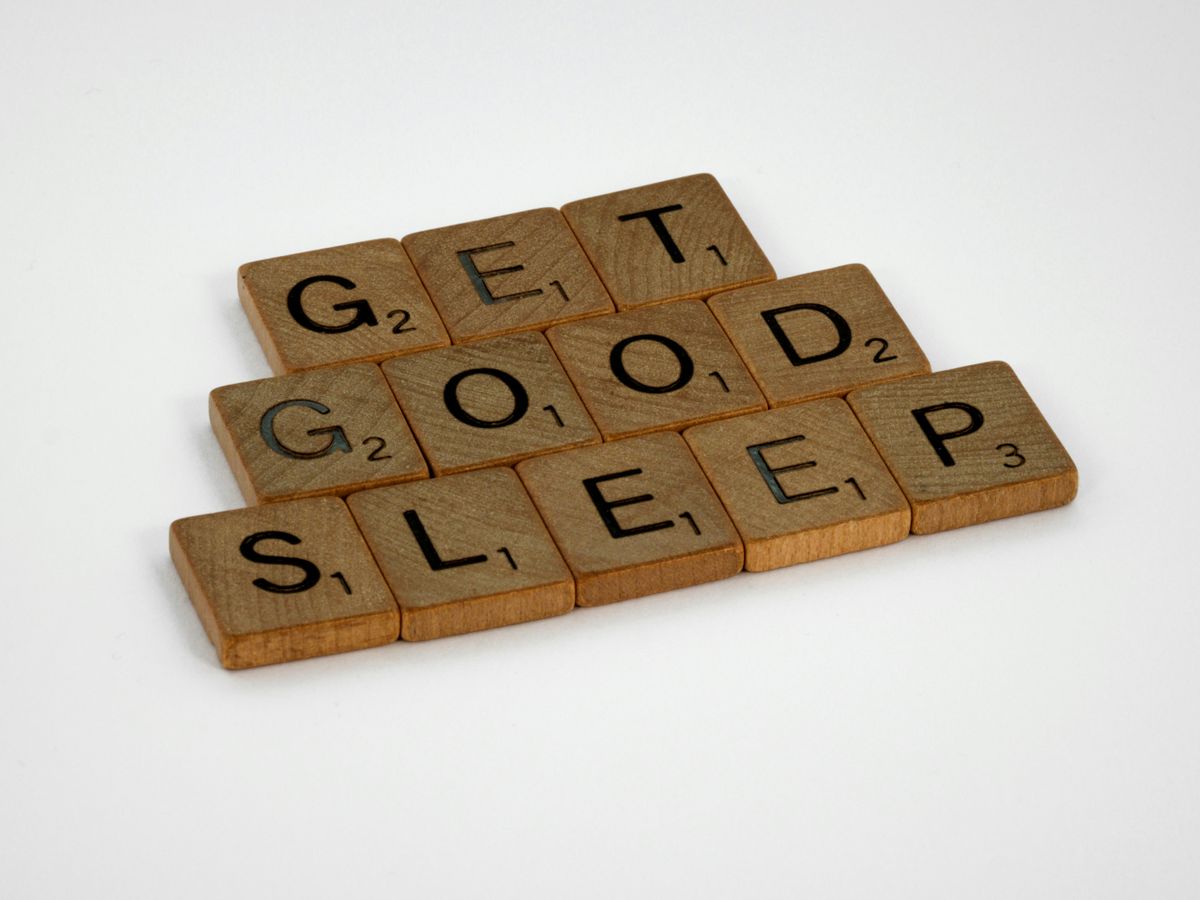I see it all the time in couples counseling - partners who love each other but are quietly struggling at night.
One person can’t fall asleep because the other snores.
Someone’s anxious, restless, or stuck in a cycle of sleepless nights.
Different bedtimes, tossing, turning - and before long, the bedroom starts to feel like another battleground.
Eventually, someone suggests sleeping apart.
And that’s when the fear sets in:
“Does this mean something’s wrong with us?”
“If we don’t share a bed, are we losing intimacy?”
Let’s unpack what’s really happening.
What Is a “Sleep Divorce”?
Despite the dramatic name, a sleep divorce isn’t the end of closeness - it’s often an act of care.
It simply means choosing to sleep separately, either temporarily or long-term, so both partners can get the rest they need.
For many couples, it’s the key to more patience, affection, and emotional stability during the day.
Why Sleep Affects Relationship Health
The version of us that shows up when we’re rested versus when we’re depleted are two completely different people.
-
Tired Us: short-tempered, reactive, and easily hurt.
-
Rested Us: grounded, patient, and capable of empathy.
In marriage counseling in Fort Lauderdale, I often see how exhaustion fuels disconnection. Sleep deprivation impacts our ability to communicate, stay calm, and repair after conflict.
Getting enough rest isn’t just self-care - it’s relationship care.
When One Partner Doesn’t Want to Sleep Separately
This is where emotions run high.
One person may feel relief at the idea of separate sleeping spaces, while the other feels rejected or unwanted.
It can sound like:
“You don’t want to be near me.”
“We must really be in trouble.”
In couples counseling, we slow this down. Together, we look at what “sleeping apart” means emotionally for each person. It’s rarely just about the bed - it’s about feeling safe, loved, and chosen.
Sometimes, solutions emerge that meet both needs - like twin beds in one room, pre-bed cuddle time, or a morning ritual that maintains connection.
Supporting Emotional Connection - and Better Sleep
The goal isn’t to pick between love and rest.
It’s to find a rhythm that supports both.
For some partners, integrating couples ketamine therapy can deepen empathy and reduce the emotional charge around these conversations. Ketamine-assisted therapy can help calm the nervous system, open communication, and reconnect partners on a deeper level - especially when old patterns of anxiety or defensiveness are at play.
If Sleep Has Become a Source of Tension
You’re not alone. Many couples in Fort Lauderdale are exploring this exact challenge - how to stay emotionally close while getting the rest they desperately need.
Through couples counseling, marriage counseling, or couples ketamine therapy, you can rediscover connection, restore calm, and rebuild a foundation of care - day and night.
💬 Schedule a session to explore how to bring rest and peace back to your relationship.
